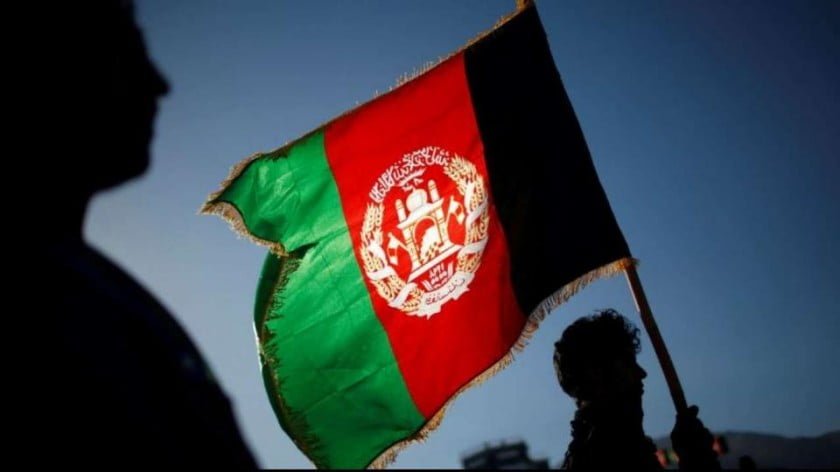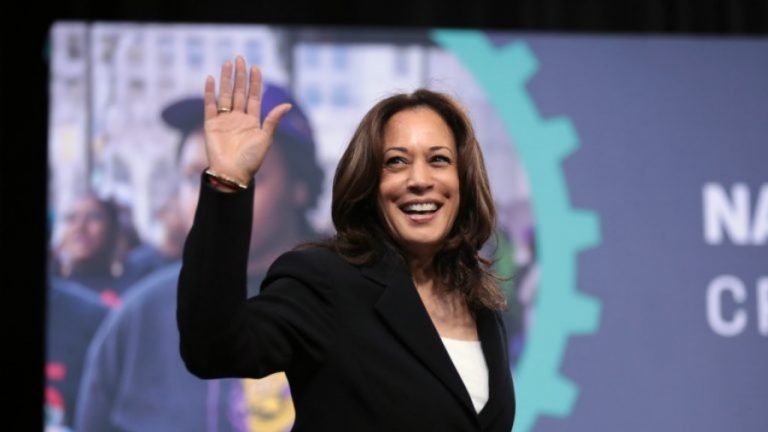Kabul-Taliban Peace Talks in UAE Prove That America Needs Pakistan More Than Pakistan Needs America
It is difficult to imagine a successful Afghan peace process that did not both involve transparent negotiations between moderate Taliban representatives and peace minded members of the current Kabul government. Likewise, it would be fanciful to assume that such a thing could happen without Pakistan fostering an atmosphere of peace which necessarily precludes realising success in a Kabul-Taliban dialogue process. While this has been the long standing reality, prior to the arrival of Pakistan’s new Prime Minister Imran Khan, this was a reality that was implied rather than one which was overtly proclaimed. Now though, both Imran Khan and even the US President (in spite of his strong anti-Pakistan rhetoric) have admitted this long standing reality.
This became apparent when in spite of cutting off “aid” to Pakistan over what Donald Trump claimed was his assessment that Pakistan had “done nothing” to help the American so-called “war on terror”, Trump nevertheless sent Imran Khan a letter asking for assistance in ending the longest war in US history – the war in Afghanistan. Regarding the current peace talks in the UAE involving the United States, Kabul and the Taliban, Imran Khan issued the following statement:
Thus, what was once whispered throughout diplomatic corridors across the world is now being acknowledged by both the United States and Pakistan. This is especially significant as under Donald Trump and Imran Khan, both nations have become far more open about what they have felt about one another’s nations for some time. In Pakistan, millions remain angry that ordinary Pakistanis and Pakistan’s army bore the human and material brunt of an Afghan war that the US started without having a real long-term game-plan in 2001. Having seen that even now the US has no genuine strategy in Afghanistan other than one of obstructing the growth of China’s Belt and Road as well as a regional rapprochement between Iran and Pakistan, in addition to that between Pakistan and Russian, Pakistanis are becoming more vocal about their long standing feelings of being chewed up and spit out by successive Washington administrations.
At the same time, as the US pivots ever more towards India, many in Washington are now openly deriding Pakistan in manners that previously were only audible among the American right and parts of the pro-India American left. Thus, two clashing narratives that existed among civilians for nearly two decades are now being voiced openly. Pakistan under Imran Khan is telling the United States that it will no longer allow itself to be used and abused by Washington for America’s unilateral regional “gains”, while the US is accusing Pakistan of being an enabler of terrorism -a long standing Indian misinformation narrative that many American elites secretly believed but did not dare say until the arrival of Donald Trump.
And yet in spite of this open airing of conflicting grievances, both Islamabad and Washington have shown signs of mutually acknowledging the fact that there is no route to Afghan peace that does not run through diplomatic channels in Islamabad. At a time when both Pakistan and the US are at a major impasse in respect of bilateral relations, Washington and Islamabad are paradoxically both acknowledging that America requires Pakistani assistance in extracting itself from its blood-soaked Afghan quagmire. In this sense, while it is important to listen to what American says regarding Pakistan, observing what America does is all the more important.
The subtext behind this development is that while the India-US partnership shows no signs of doing anything other than expanding, the US realises that no regional power can substituent Pakistan in respect of using its regional clout and drawing on its experience in order to prepare the wider region for a sustainable and just peace. This is all the more apparent as unlike most of his predecessors, Imran Khan is able to articulate Pakistan’s goals and aspirations with clarity and purpose. While the US continues to disagree with many of these goals and aspirations, they are nevertheless being heard in a loud and clear fashion in Washington as they are throughout the wider world.
While the United States needs India in order to try and retard the progress of China’s peaceful initiatives in south Asia, the US continues to obsessively court and at times even patronise India in order to draw a once putatively non-aligned nation into the US orbit. By contrast, while stern and frank words fly between Washington and Islamabad, the rhetoric is but a mask that can scarcely hide the fact that even in the worst of times in respect of bilateral relations, the US is learning that Pakistan’s assistance in the wider Afghan peace process is invaluable and therefore utterly necessary.
Thus, while Pakistan’s economic partnerships with China, Turkey, Saudi Arabia, the UAE and Qatar will come to be vastly more important than the “begging cup” style of exploitative economic relations the US once had with Pakistan – when it comes to America’s goals in Afghanistan, there is simply no substitute for Pakistan’s positive role in the peace process.
By Adam Garrie
Source: Eurasia Future







